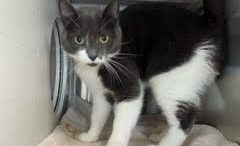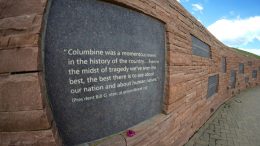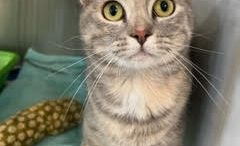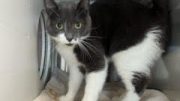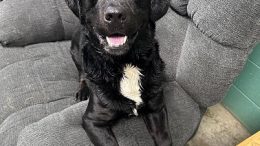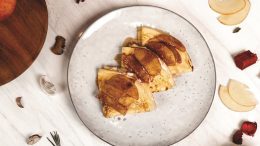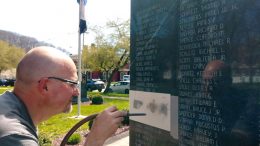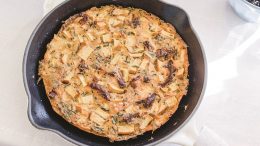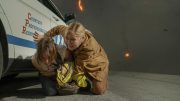The health directive urging Americans to cover their faces to stop the coronavirus contagion has sent individuals scurrying to conjure up some type of mask.
While high-tech and medical-type face masks are earmarked for health professionals and first responders, the public is having a difficult time procuring the common white face shields.
That’s where quilters and sewers come in.
The shop, in business since September 2017, was closed as a non-essential business when Pennsylvania ordered those shops to shut down two weeks ago.
This week, the owners received a waiver from the state government and will reopen for business today. The waiver was granted, said Wygant, on the basis that the shop “sells fabric for facemasks and also makes them.”
“We have been getting calls because of the CDC recommending people wear them, plus the fact that not many people sew anymore,” said Wygant. “It actually began about a month ago when a friend at Wesbury retirement community in Meadville asked me to make some.”
In the past week, the demand for cloth masks as well as fabrics, ties and elastic has dramatically ramped up at the Quilter’s Cupboard. Various companies have opted to have their employees wear masks and that prompted Pennewell Sandblasting and McIntyre Landscaping to obtain masks. Dozens of individuals, too, contacted the business to get the face gear.
“My granddaughter, Taylor Felix, and I have made about 125 masks in that time,” said Wygant. “We joke that this effort has been a combination home economics class and civics class for Taylor, a Cranberry High School eighth grader who is now home.”
Free or nominal cost
The cloth masks can be customized according to material, size and print. Some orders are for “manly” patterns such as sports logos while others are in feminine-preferred colors.
Two recent creations for toddlers include “a ballerina print for the little girl and trucks for the little boy,” said Wygant. Depending on the material, many of the handmade masks are offered free while others carry a small fee for customized cloth.
While the Quilter’s Cupboard staff will make the masks, they are also encouraging people to obtain fabrics and sew their own. The shop offers a wide assortment of fabric types, although elastic straps are in short supply.
One fabric supplier donated bolts of cloth and the material is available free to anyone wishing to fashion masks.
“One thing many people are telling us is that they haven’t sewn for years and when they get their sewing machines out, they’re either not working or they are jammed up,” said Wygant, with a laugh. “So my husband, Roger, decided he could use his old skills at cleaning and repairing the machines and so we can do that now, too. It will help us all make more masks.”
Wygant said persons or companies interested in obtaining masks may contact the Quilter’s Cupboard and order them in advance or stop in and get them. People can also ask that customized masks be made.
“And if other people are making them, just drop them off here and we will get them to where they need to go,” said Wygant. “This is something so many of us can help with.”







